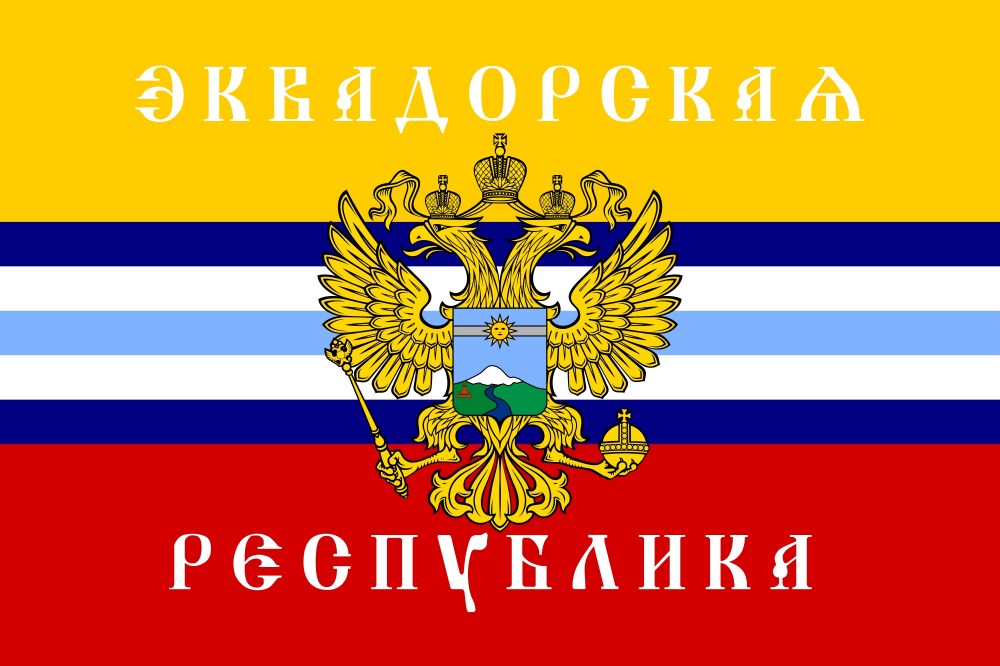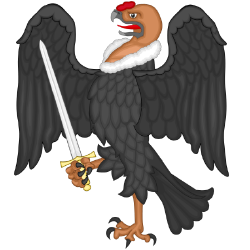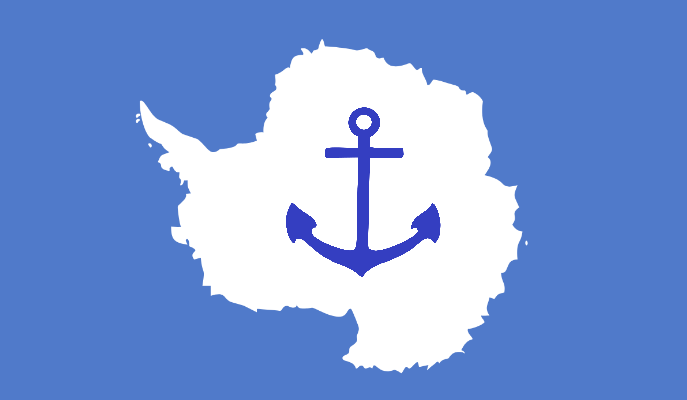| National Factbook |
| Flag: |

|
| Nation Name: |
Ecuador |
| Leader Name: |
Antonio Javier |
| Currency: |

Sucre |
| National Animal: |

Andean Condor |
| History: |
In 2047, Ecuador witnessed a transformative election that marked the rise of President-Elect Antonio Javier and his pioneering political movement, El Zucreismo Nacional del Ecuador (Z.N.E). With a vision for peace, resilience, and economic prosperity, the newly established leader and his movement brought about a golden era for the nation.
Under President Javier's leadership, Ecuador experienced a period of unprecedented stability and remarkable economic growth. The once turbulent political landscape found solace in the visionary policies of the Z.N.E, creating a thriving environment for its citizens.
However, fate took a poignant turn in 2096 with the untimely passing of President Antonio Javier. This event marked a somber chapter in Ecuador's history as the nation bid farewell to their beloved leader. The transition back to a Constitutional Republic served as a testament to the enduring legacy of President Javier, leaving behind a nation that, despite its grief, stood united in honoring the contributions of a leader who had steered them toward a brighter future.
VIVA EL ECUADOR CARAJO |
| Geography |
| Continent: |
South America |
| Land Area: |
135,184.56 sq. km |
| Terrain: |
Ecuador has three distinct, dramatically differentiated types of terrain throughout its continental territory: the highlands making up the Sierra, the Amazonian jungle of the Oriente, and the coastal plains that make up the Costa. |
| Highest Peak: |
Mt. Chimborazo,
6,310 meters
|
| Lowest Valley: |
Pacific Ocean,
0 meters
|
| Climate: |
The mountain valleys have a year-round temperate climate and a humid subtropical climate exists in coastal areas and rainforest in lowlands. The country has two primary seasons that are differentiated by the distribution of rainfall: the rainy season and the summer or dry season. |
| People & Society |
| Population: |
2,089,494 people |
| Demonym: |
Ecuadorian |
| Demonym Plural: |
Ecuadorians |
| Ethnic Groups: |
Mestizo - 72.0%
Montubio - 16.0%
African Ecuadorian - 12.0% |
| Languages: |
Spanish - 78.4%
Kichwa - 14.5%
Shiwiar - 7.1% |
| Religions: |
Catholic - 92.0%
protestant - 8.0% |
| Health |
| Life Expectancy: |
78 years |
| Obesity: |
27% |
| Alcohol Users: |
74% |
| Tobacco Users: |
42% |
| Cannabis Users: |
0% |
| Hard Drug Users: |
0% |
| Economy |
| Description: |
The Ecuadorian economy is based on petroleum production, manufacturing primarily for the domestic market, commerce, and agricultural production for domestic consumption and export. Principal exports are petroleum, bananas, shrimp, flowers, and other primary agricultural products. |
| Average Yearly Income: |
$66.57 |
| Gross Domestic Product (GDP): |
$4,697,067,883.00 |
| GDP per Capita: |
$2,247.94 |
| Gross National Income (GNI): |
$3,564,802,430.00 |
| Industries: |
Industries. In the agricultural sector, Ecuador is a major exporter of bananas (the largest exporter of bananas in the world), cut flowers, cacao, coffee, shrimp, wood, and fish. It is also significant in shrimp production, sugar cane, rice, cotton, corn, palm and coffee. |
| Military |
| History: |
The armed forces are part of the public forces and have the stated mission of the preservation of the integrity and national sovereignty of the national territory. It also involves participation in the social and economic development of the country and the provision of assistance in the maintenance of internal order. Tasks include fighting organised crime, anti-narcotic operations and illegal immigration. One social development program applies the provision of teachers for rural schools through an accord with the Ministry of Education. Environmental protection is also a priority, several programs were implemented: National Forestation and Ornamentation, Lonely Tree, Green Surveillance, Fire Plan, Ecuador Forest, and Arenillas Military Reserve. The Ecuadorian territory is divided into five Joint Task Force Zones or Fuerzas de Tarea Conjunta, four on mainland Ecuador, the fifth being the Naval Zone (including the Galápagos Islands). Overseas territories include also the Pedro Vicente Maldonado Naval Biological Research Station in the Antarctic. |
| Soldiers: |
0 |
| Tanks: |
0 |
| Aircraft: |
0 |
| Ships: |
0 |
| Missiles: |
0 |
| Nuclear Weapons: |
0 |
| Last Updated: 01/10/2024 10:20 pm |




















